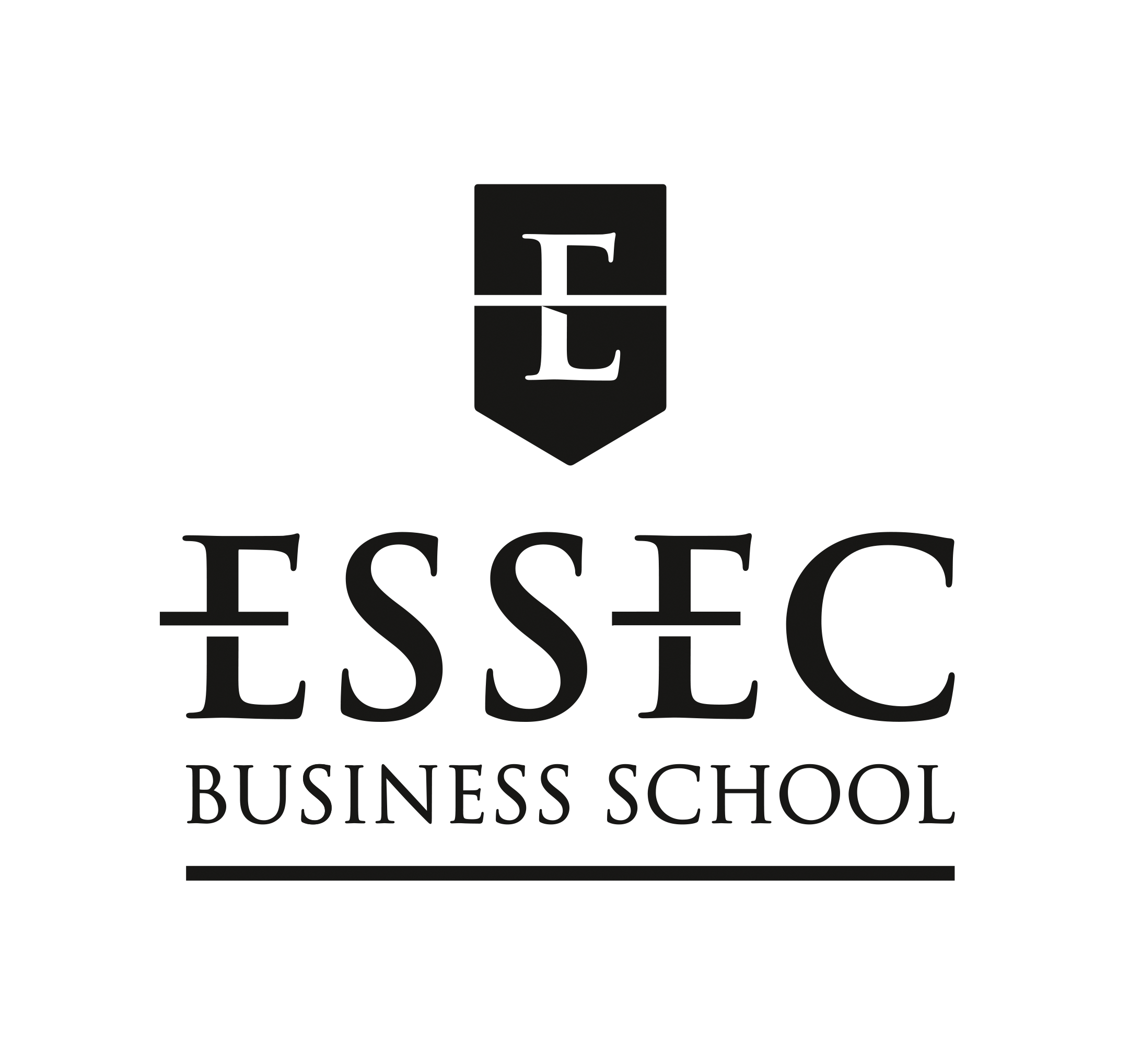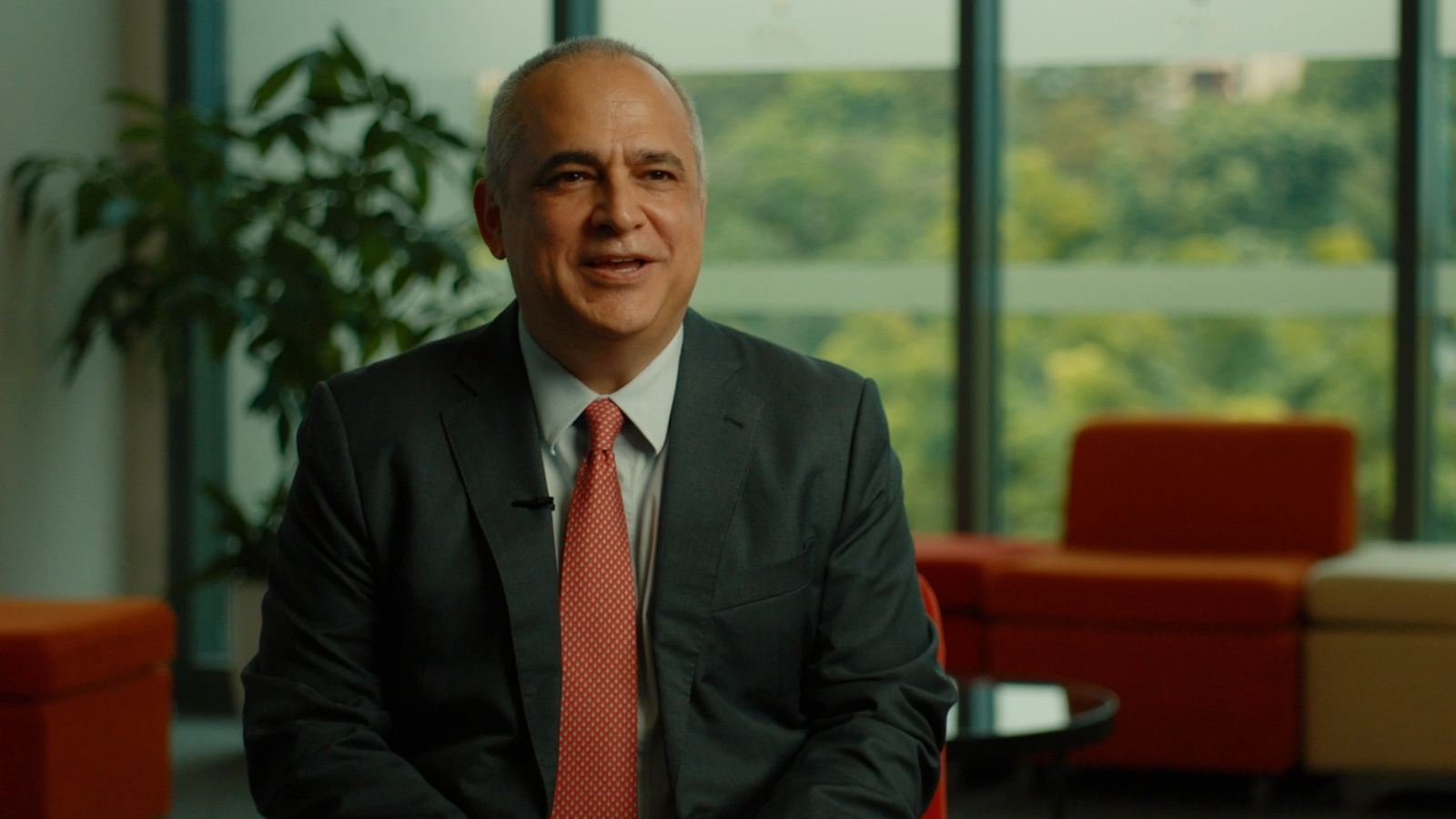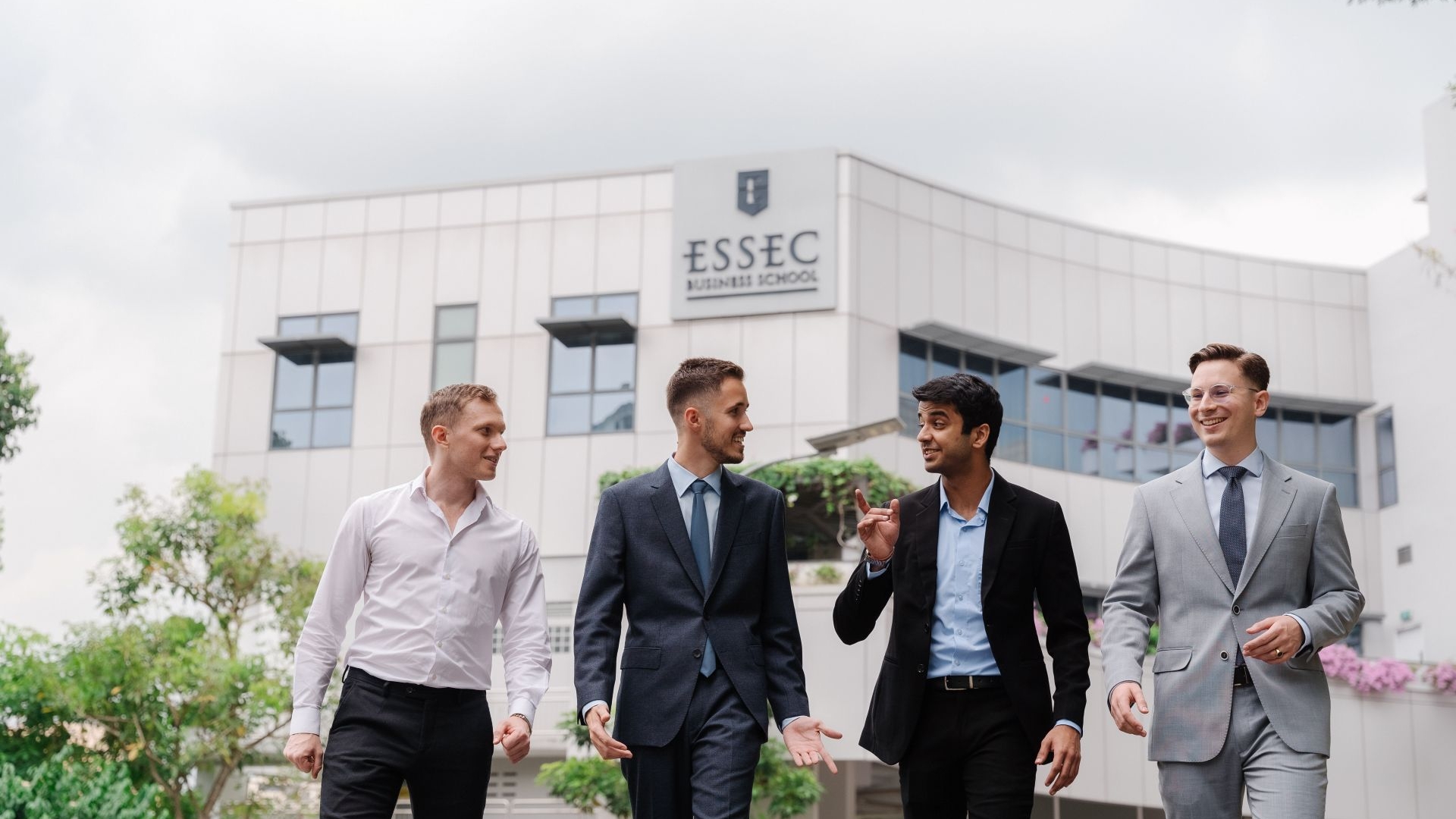In today’s increasingly uncertain global economy, how can finance professionals achieve career stability and access prime opportunities?
One solid hedge: credentials from a leading institution, which is an increasingly critical edge in a constantly changing world, says former Wall Street investment banker Rick Marchese, who helped hire at Merrill Lynch and Deutsche Bank, among others.
“Financial markets, already cyclical by nature, are becoming more volatile across geographies,” says Marchese, who is a Professor of Management Practice in Finance at ESSEC Business School in Singapore.
“Capital travels like water, seeking the path of least resistance, as witnessed during COVID, when it started migrating from Hong Kong to Singapore. In an increasingly competitive business world, financial institutions prefer professionals who are versatile and able to work across different markets.”
In the past, technical skills were the cornerstone to job security. But today, people with such skills are “easier to find,” says Marchese, “any reputable graduate program can give you that.”
“But top employers want people who can interview in London, start work in Hong Kong, and if needed, move to New York. This ability to work across markets requires a broad cultural lens whether you are navigating complex cultural negotiations or managing multinational teams. You want to build a background where you can move across markets easily; attending a program where the degree travels well will be a good place to start.”
A Degree That ‘Travels’
Ranked among the world’s top five finance-focused postgraduate degrees by the Financial Times, ESSEC’s Master in Finance (MiF) stands out for its diverse international student body and faculty, showcasing a commitment to global excellence and adaptability.
At the Singapore campus, MiF candidates typically gain exposure to at least three major financial hubs, equipping them with the skills to thrive in a global career. “They don’t want to be limited to one region—they choose Singapore for the flexibility to work worldwide,” says the professor, who himself speaks several languages and has worked internationally.
“If you attend a program at a Singapore- or US-based school, you’re likely to be more regionally focused. What ESSEC offers, however, is a pathway to a global career.”
The diverse student body at ESSEC embodies its global outlook, with participants from over 15 countries, including France, China, Peru, India, Germany, Myanmar, and Japan. Upon graduation, these students launch careers across Asia, Europe, and the US, demonstrating the program’s far-reaching international impact.
A key strength of ESSEC is its expansive global network of 71,000 alumni, a significant draw for the globally renowned business school. According to its 2023 career survey, 100% of ESSEC graduates secure employment within six months, with 95% in international positions, reflecting ESSEC’s extensive global reach. Most of those positions are in Europe and Asia, earning an impressive average gross annual salary of USD 135,000.
Notably, alumni networks from regional schools differ significantly from those of global institutions. “Are you building a network that’s Asia-based, US-based, or UK-based?” asks Marchese. “That’s what you’ll rely on throughout your career. If you value an international perspective and want the flexibility to see the world, who you go to school with becomes crucial.”
Starting in Asia
“ESSEC students and graduates gain the flexibility to navigate global financial hubs by earning credentials through ESSEC’s campuses in Singapore and France. The program allows you to begin in Singapore and participate in an exchange term in France—or vice versa.
There is a strong trend that talent with credentials from global institutions dominates key roles in global hubs and on Wall Street. As one of the few world-class master’s programs with campuses in both Asia and Europe, ESSEC’s strong international branding significantly enhances candidates’ marketability, particularly during challenging economic times.”
A unique advantage of the Singapore campus is its location at the heart of Asia, a region forecasted to lead global growth in financial services. MiF candidates benefit from being immersed in this dynamic environment while maintaining access to both Western and Asian markets.
Students at the Singapore campus can attend classes in France, pursue summer internships, and engage in exclusive cross-campus competitions and job fairs—opening doors to prestigious firms such as Citi, Goldman Sachs, and UBS. Study trips to global financial centers further provide privileged access to professional and alumni networks at leading institutions, including Bank of America-Merrill Lynch and JP Morgan.
Perhaps the most distinctive benefit, as highlighted by Marchese, is the tight-knit Singapore cohort. He notes: “Statistically, in a graduating class at every business school, two or three are going to end up as large company CEOs. When programs are smaller, there’s a real advantage—you’re going to know everyone.”
RELATED POSTS
Stepping Out Of Your Comfort Zone: Why It Matters At Business School
How embracing new challenges accelerates personal and professional growth.
From Singapore to the World: Navigating Your Global Career Path
Beyond a degree, ESSEC Asia-Pacific is your launchpad for a truly global career, equipping you with a powerful international network of 71,000 alumni…
How ESSEC Asia-Pacific Builds A Sense Of Community
From orientation to cultural nights — how students feel supported and included.
Making Friends Across Cultures: Lessons From A Diverse Classroom
Stories and tips on navigating intercultural friendships at ESSEC Asia-Pacific.
Your Global Network Starts Now: Why ESSEC Friendships Matter
Beyond the classroom, discover how ESSEC Asia-Pacific cultivates a strong sense of belonging and community for international students, leading to…
How Studying In Asia Changed My Worldview
Reflections from an ESSEC Asia-Pacific international student.








